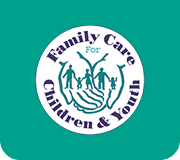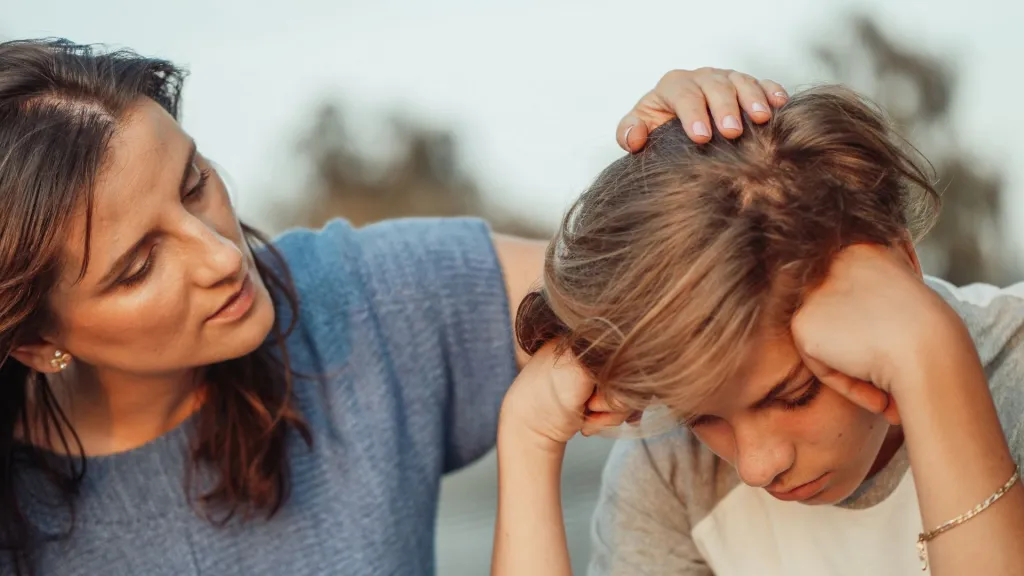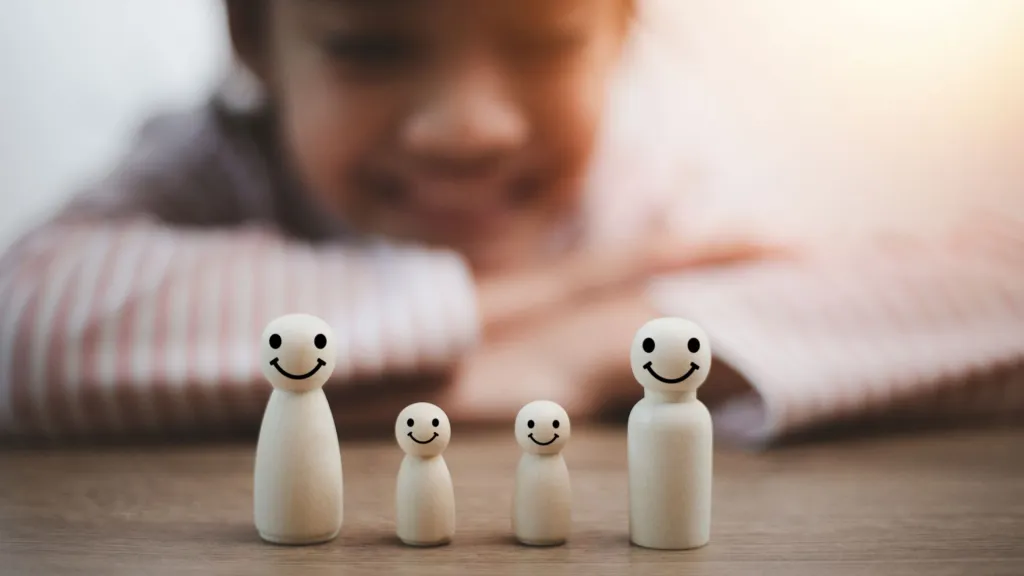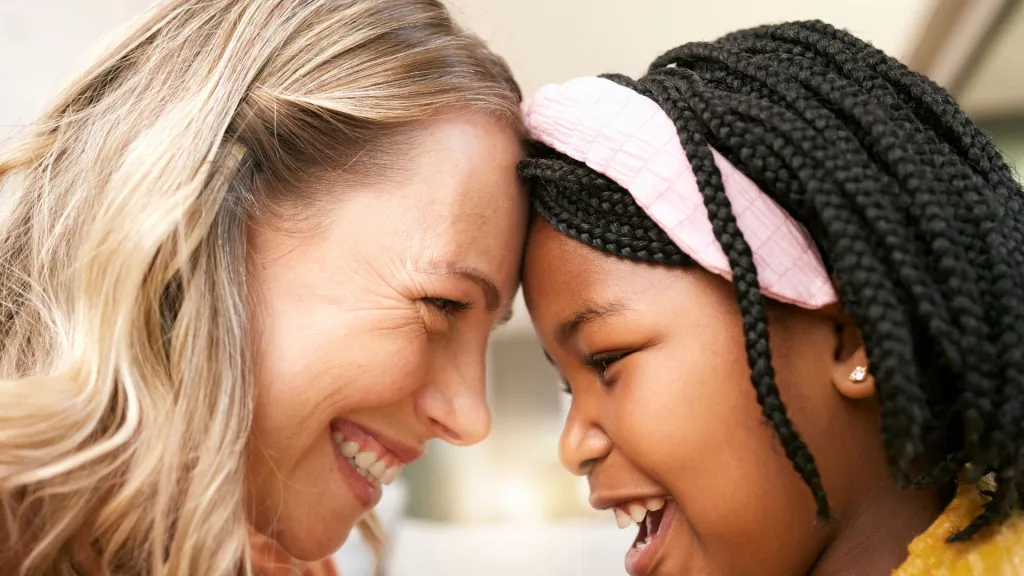The holiday season brings joy to many families, but for foster children, this time can stir up complex emotions. While twinkling lights signal celebration for most, foster children may feel the weight of family separation more acutely during holidays. As foster parents, you have the unique opportunity to create meaningful new traditions that honor their past while building hope for the future.
Understanding Holiday Grief
Foster children often experience “ambiguous loss” during holidays—grieving for traditions they’ve lost while trying to embrace new ones. They may feel guilty about enjoying celebrations with you, worry about their biological family, or struggle with difficult holiday memories. Recognizing these feelings as normal is the first step in supporting them.
Start conversations early about what holidays meant in their previous homes. Some children may want to incorporate beautiful memories, while others prefer starting fresh. Listen without judgment and let them guide what feels comfortable.
Building Inclusive New Traditions
Creating new traditions doesn’t mean erasing old ones. Consider blending elements from their cultural background with your family’s customs. If a child celebrates different holidays or has specific cultural practices, embrace the opportunity to learn and incorporate these into your celebrations.
Start small with simple traditions that can grow over time. Maybe it’s making special breakfast on Christmas morning, having each family member share gratitude, or creating handmade decorations together. The key is consistency—traditions that happen year after year provide the stability foster children often crave.
Navigating Gift-Giving Thoughtfully
Holiday gift-giving can be challenging in foster care. Some children may have never experienced gift exchanges, while others might have unrealistic expectations or anxiety about receiving presents. Establish clear, fair guidelines for gift-giving that apply to all children in your home.
Focus on meaningful rather than expensive gifts. Consider presents that create experiences together—art supplies for shared projects, board games for family nights, or books you can read together. Always include gifts that reflect their interests, showing that you truly see them.
Managing Difficult Moments
Despite your best efforts, holidays may bring challenging moments. A child might have a meltdown during gift opening, withdraw during family dinner, or express anger about not being with their biological family. These reactions are normal and don’t reflect your failure as a foster parent.
Prepare backup plans for overwhelming moments. Designate a quiet space where children can retreat if needed. Have simple activities ready—coloring, puzzles, or music—that can help them regulate emotions. Stay calm and reassuring, letting them know it’s okay to feel sad during celebrations.
Building Lasting Memories
The holidays you create together may be the stable, loving celebrations that foster children remember for life. By approaching the season with empathy, flexibility, and genuine care, you’re providing the gift of belonging and showing them that families come in many forms, each capable of creating holiday magic.
Remember, perfect holidays don’t exist, but meaningful ones do. Your willingness to open your heart during these special times makes all the difference in a child’s life.






